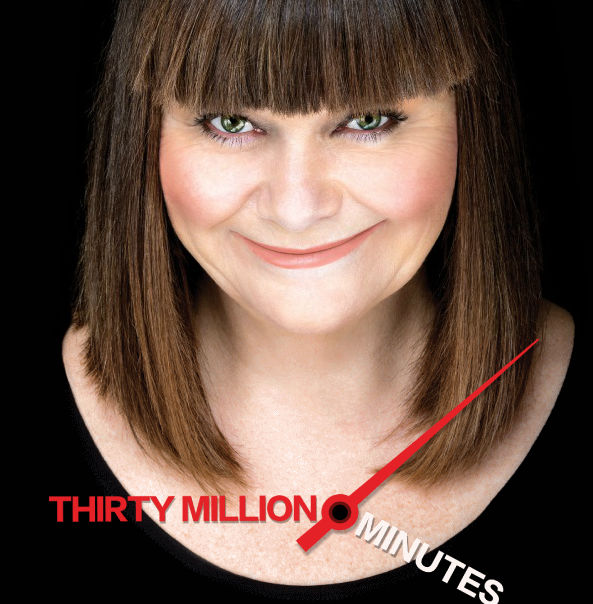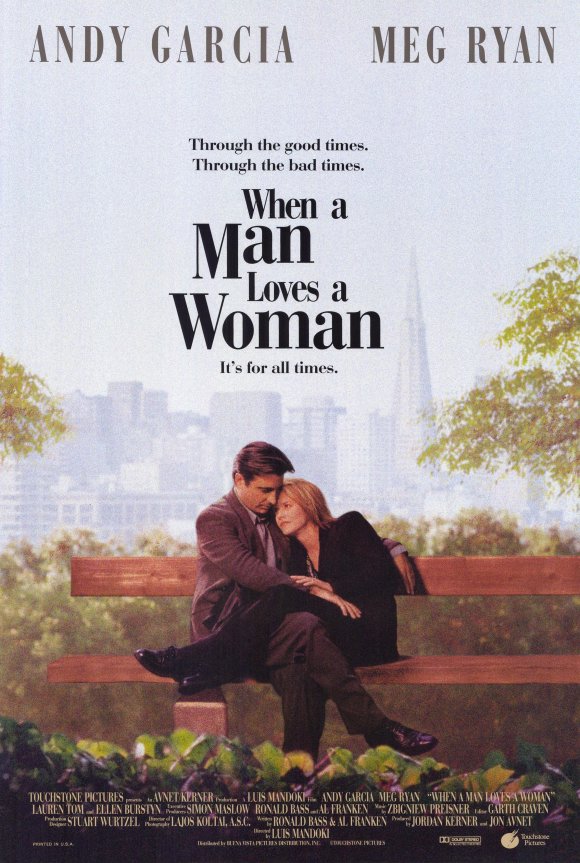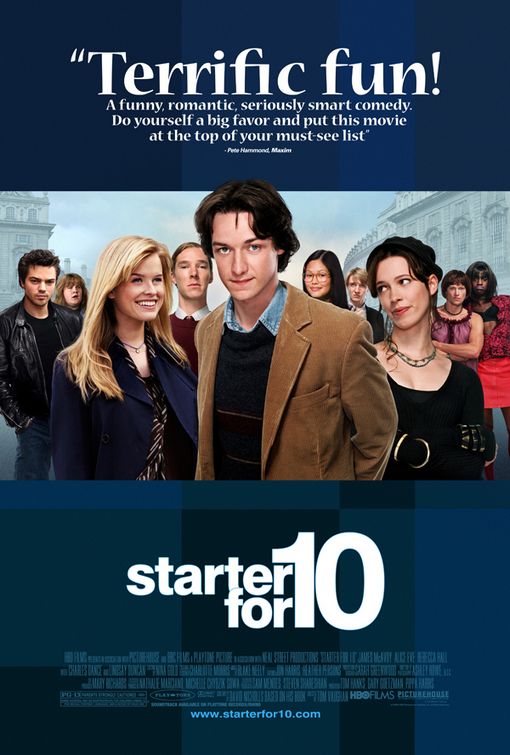Saying what needs to be said?

Saying what needs to be said?
I’m told that to appeal to potential new clients, I need to differentiate myself from every other financial adviser out there. So I was wondering if I’m saying what needs to be said? I’m aware that our culture often appears to be one of noise rather than content. I imagine that most of you will know the names of several media hungry pop stars, but probably have never bought any of their music (or could identify it). This we are told is all well and good as we aren’t the target audience.
OK. Like everyone else, I’m acutely aware that reading the entire contents of my inbox would be more than enough to see out my lifetime, probably more than once! So attempting to get your attention (or mine) is an increasingly difficult task. It seems that saying anything is better than saying nothing, but saying something inflammatory will get attention – depending on the reception, sometimes excused as “being ironic”.

In a nutshell…
However, what we at Solomons offer is simple to explain. We help people to think about the future that they want and try to help make it happen, by helping you to understand what it takes and then to build financial architecture around your specific, individual, unique plan. We coach, encourage, educate, implement, review, check and learn. It’s a partnership into the unknown with a great deal of uncertainty. We cannot work miracles, have no magic powers and make a stack of assumptions based upon experience and data from the past. Being human, we will probably make mistakes, but none deliberately. We will try to correct those that we make.
So, just to check we’re on the same page… is that what you are looking for? If not, what do you need to hear? (so that I can figure out if it’s something that I am not saying loudly enough).
Dominic Thomas
Solomons IFA
You can read more articles about Pensions, Wealth Management, Retirement, Investments, Financial Planning and Estate Planning on my blog which gets updated every week. If you would like to talk to me about your personal wealth planning and how we can make you stay wealthier for longer then please get in touch by calling 08000 736 273 or email info@solomonsifa.co.uk




























